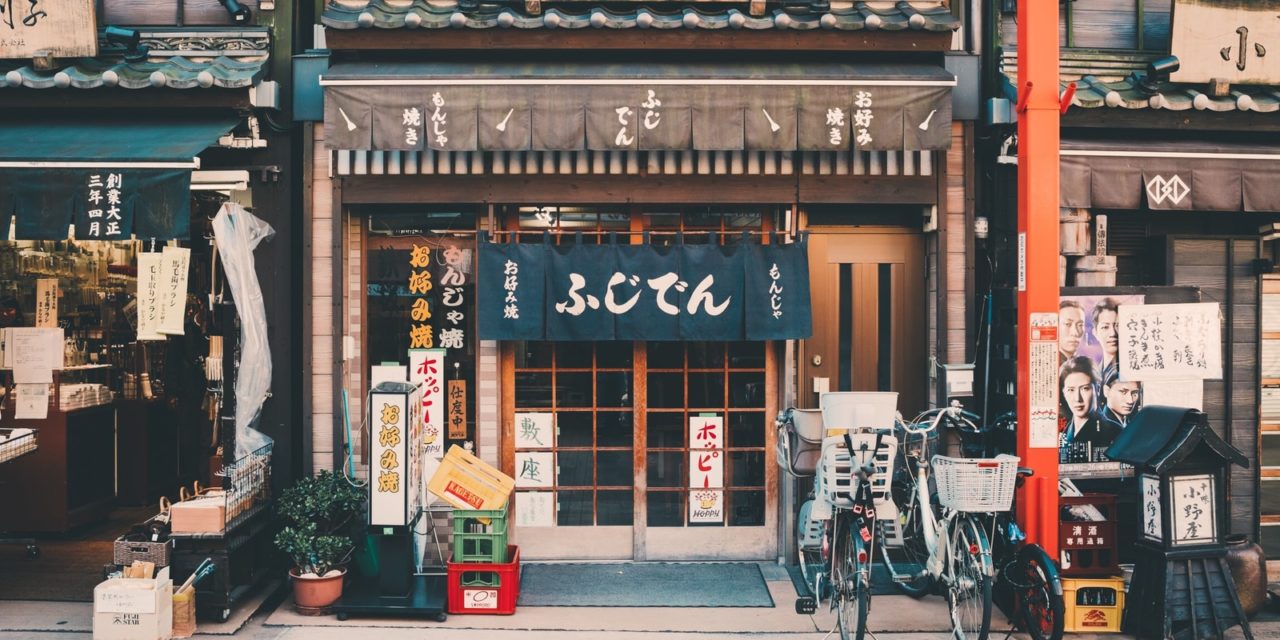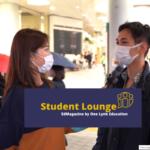
Japan’s border is reopening with caution

Following the outcry from students, workers, and family members who have been effectively “locked out” of the country for up to two years, Japan is relaxing its rigorous border controls, according to the latest media news.
The limitations, which only allow Japanese citizens and returning foreign residents to enter the country, have impacted 150,000 students.
The announcement of an easing of Japan’s border restrictions brought relief to tens of thousands of students and researchers, as well as their institutions, who have had to cope with a number of disruptions to their lives, studies and careers while waiting to enter Japan.
Japan is relaxing its tight border policies, which have resulted in only a few thousand new foreign people entering the country in recent months. Non-Japanese seeking to enter the country for reasons other than tourism will be able to do now, with the daily quota of persons allowed to enter Japan increased to 5,000 from 3,500, including Japanese citizens and returning foreign residents. For some travellers, quarantine restrictions has been eased.
While the relaxation is a positive move, the fact that entry is limited to 5,000 persons and that the quota includes business travellers and others imply that students and researchers may still face difficulties entering the country.
A student from Colombia said that she was cautiously optimistic about being able to enter as she has already postponed twice her master’s studies at the Waseda University in Tokyo.
Professor Yujin Yaguchi of the Graduate School of Interdisciplinary Information Studies has been working to internationalise the University of Tokyo’s education for many years.
He believes that International students are not tourists and they are important and integral members of the university community.
With the door to Japan partially opened, the key for the government will be defining the policy’s specifics. This lack of details from the ministry of education, keeps the universities in a hard position, as they need to inform the students of the various rules that are not yet clear.
When border controls were relaxed in November, before the Omicron variant hit, complicated directives about the paperwork required to enter and who was actually eligible for the various stages of admission into Japan put the brakes on what was a major policy shift.
The Guardian has written that according to the Kyodo news agency the chief cabinet secretary, Hirokazu Matsuno, said:
“We are considering how to ease the border control measures by taking into account scientific evidence that has become available regarding the Omicron strain and the changing infection situations at home and abroad.
Despite the conditions of entry, many are just pleased with the news to enter Japan to study.
























